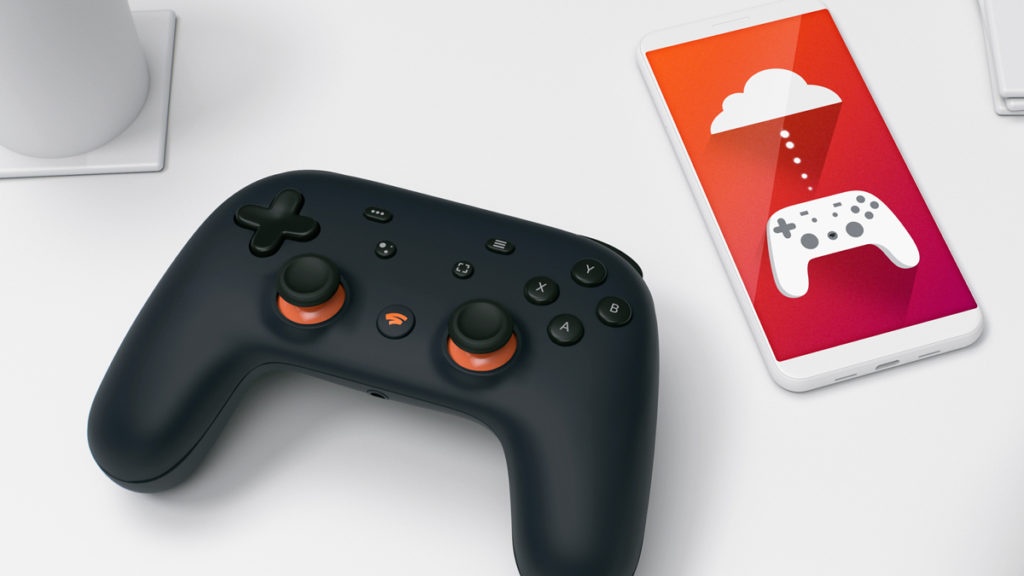
Google is shutting down Stadia after three years as the cloud gaming platform failed to gain traction within the new industry. At one point the cloud gaming front seemed to be a new golden frontier for providers as a means to gain recurring revenue from subscribers and Google seemed poised to be at the forefront of it but things have not panned out as they had hoped.
From partnering with LG to an attempted rebranding, and ongoing efforts to bring more games to Stadia, things seem to have never picked up. This could easily be attributed to an oversaturated market as after NVIDIA launched its GeForce Now service many others either jumped into the pool or expanded their presence. Google, Amazon, and Netflix, along with services already in place from Microsoft and Sony, created a crowded ecosystem for cloud gaming, and perhaps there were just not enough customers to engage.
From Google:
For many years, Google has invested across multiple aspects of the gaming industry. We help developers build and distribute gaming apps on Google Play and Google Play Games. Gaming creators are reaching audiences around the world on YouTube through videos, live streaming and Shorts. And our cloud streaming technology delivers immersive gameplay at massive scale.
A few years ago, we also launched a consumer gaming service, Stadia. And while Stadia’s approach to streaming games for consumers was built on a strong technology foundation, it hasn’t gained the traction with users that we expected so we’ve made the difficult decision to begin winding down our Stadia streaming service.
We’re grateful to the dedicated Stadia players that have been with us from the start. We will be refunding all Stadia hardware purchases made through the Google Store, and all game and add-on content purchases made through the Stadia store. Players will continue to have access to their games library and play through January 18, 2023 so they can complete final play sessions. We expect to have the majority of refunds completed by mid-January, 2023. We have more details for players on this process on our Help Center.
The underlying technology platform that powers Stadia has been proven at scale and transcends gaming. We see clear opportunities to apply this technology across other parts of Google like YouTube, Google Play, and our Augmented Reality (AR) efforts — as well as make it available to our industry partners, which aligns with where we see the future of gaming headed. We remain deeply committed to gaming, and we will continue to invest in new tools, technologies and platforms that power the success of developers, industry partners, cloud customers and creators.
For the Stadia team, building and supporting Stadia from the ground up has been fueled by the same passion for games that our players have. Many of the Stadia team members will be carrying this work forward in other parts of the company. We’re so grateful for the groundbreaking work of the team and we look forward to continuing to have an impact across gaming and other industries using the foundational Stadia streaming technology.
Even though Google is shutting down Stadia it doesn’t necessarily mean it is fully retreating from the cloud gaming industry. In August some users briefly spotted a feature in Google Search that allowed the launching of games from multiple cloud gaming services. It was removed but it does show that the company could be exploring other options for cloud gaming. Google will be refunding customers for Stadia hardware, and game purchases along with add-on content. Stadia’s last day is planned for January 18, 2023.
Source: Google
